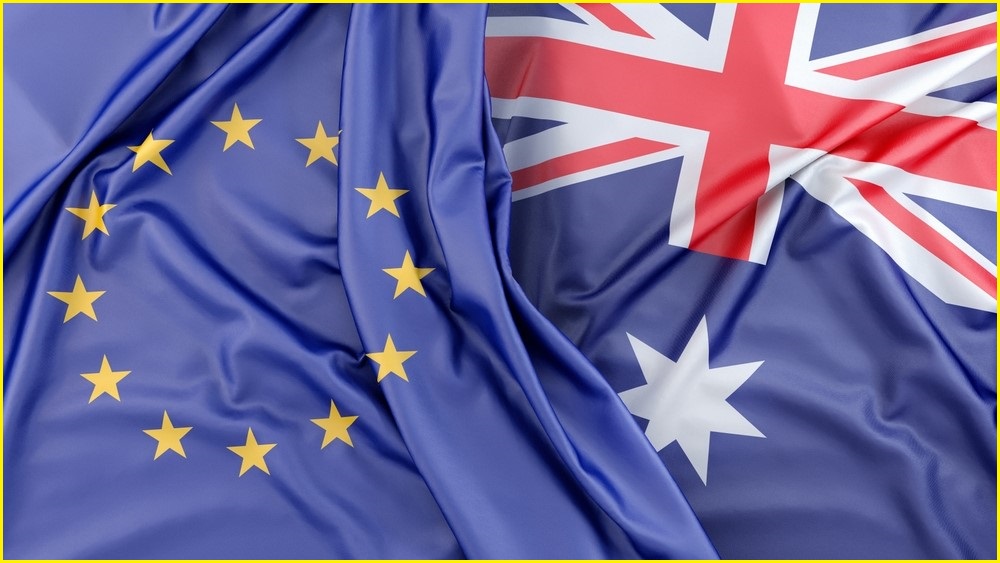Exclusive: The European Union has expressed “significant doubts and concerns” over planned updates to the Australian government's federal procurement guidelines and argued they could discriminate against companies based in the trading bloc, according to documents obtained by Information Age under Freedom of Information laws.
The EU made the comments in a 2 July submission to an Australian Department of Finance public consultation on the benefits of government procurement to the local economy, as the department worked towards updating its guidelines for federal procurement officials.
Three sources with knowledge of the consultation previously told this publication that an unnamed foreign government — initially believed to be the United States, but now confirmed as the EU — had contributed to the consultation, from which no submissions have been made public.
The existence of a submission from a then-unnamed foreign power raised concerns from Australian companies, including some in the technology industry, about how well the interests of local firms would be served by any updated guidelines.
Joanna Pocztowska, head of trade and economic affairs at the EU delegation to Australia, wrote in the submission that the EU had “significant doubts and concerns” over the Finance Department’s draft guidelines, published in July.
The draft guidelines would make it more difficult for Australia to uphold its responsibilities to the World Trade Organization’s Agreement on Government Procurement (GPA), which the country is a signatory to, Pocztowska argued.
She said the EU was of the view that companies based in Australia would be “substantially more likely” to be seen as providing economic benefits to Australia compared with EU-based firms, and Australian contracting authorities “would be very likely inclined to favour locally established companies” because of this.
“In some cases, only companies based in Australia could fulfil the criteria (eg. ‘paying taxes in Australia’),” Pocztowska wrote.
“This outcome would raise significant doubts and concerns about the implementation of Australia’s GPA commitments towards the EU.”
Pocztowska called for clarity on the issue to “ensure a seamless implementation of the Australian commitments on government procurement towards the EU”.
Other entities which contributed to the consultation included Australian technology companies such as Vault Cloud, TechnologyOne, Hypereal, Digital Health CRC, ARM Hub, and Agile Digital, according to a separate document released to Information Age.
The Queensland, West Australian, and Tasmanian governments also contributed, as well as some federal government departments, trade unions, and CSIRO.
‘Avoid all discrimination’, EU urges
While Pocztowska said it was useful that Australia's draft guidance for federal procurement stated that it operated “within the context of relevant national and international agreements and procurement policies”, the EU hoped the draft would be developed further in order to “avoid all, formal or de facto, discrimination against EU suppliers”.
The EU submission argued “contracting authorities should not take into account the contribution to the local development of Australia” and “should not apply the ‘economic benefit’ test” when dealing with government procurement which was also subject to international trade agreements.
“Furthermore, the EU would like to stress the importance of open procurement frameworks for the world economy and bilateral trade relations between Australia and the EU,” Pocztowska said.
“The EU is concerned that Australia’s decision to favour offers contributing specifically to its own local development could contribute to closing the Australian procurement market to international competition …
“This could potentially call for a similar approach by other trading partners and would lead to a more fragmented international procurement market, creating inefficiencies and less value for money across all world economies.”
A spokesperson for the Department of Finance told Information Age in November that the department’s consultation was “open to any party, organisation or individual, including foreign governments”, but would not confirm which foreign government had made a submission.
They said the department “did not request any particular party to make a submission to the consultation process”.
The Department of Finance has been contacted for comment on the EU’s submission and the next steps in its updating of procurement guidelines.
The Albanese Labor government’s updated Commonwealth Procurement Rules, which came into effect on 1 July 2024, introduced higher targets for federal agencies sourcing goods and services through small and medium enterprises based in Australia
The new targets mean 25 per cent of procurements below $1 billion and 40 per cent of procurements below $20 million should be sourced from such organisations.
Officials are now also required to consider the economic benefit of procurements for the Australian economy for procurements above $1 million, instead of the previous threshold of $4 million.










